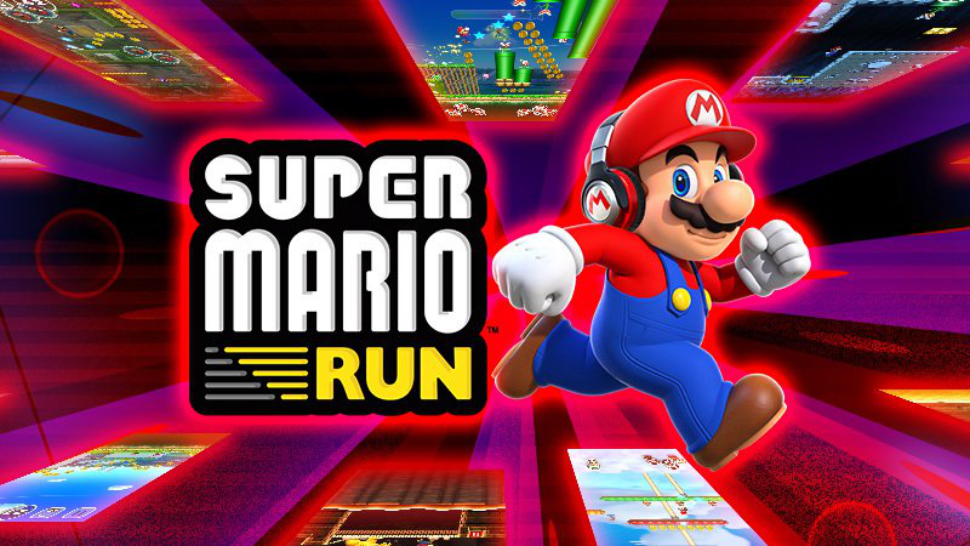Nintendo tells mobile partners to rein in micro-transactions
Put those wallets away

Nintendo has issued a word of caution to its partners in the mobile development space: go easy on the micro-transactions.
According to a report by the Wall Street Journal (behind a paywall unless you have a WSJ subscription), Nintendo has asked its mobile partners to limit possible in-game spending, so that players aren't pressured to spend unreasonable amounts on a single game.
- How to download and play Super Mario Run
- What to expect from a new Nintendo Switch model
- Check out our guide to the best Nintendo Switch games
Micro-transactions can be hugely lucrative for free-to-play games, allowing players to buy cosmetic items – as in the battle royale game Fortnite, or Apex Legends – in-game currency for new weapons and items, or just advance more quickly through a game.
While a dizzyingly successful business model for some, micro-transactions can also be exploitative, pressuring players to spend more than they can afford to unlock tempting content or overcome intentional roadblocks to their progression. (Just remember the player vitriol over Star Wars Battlefront II's loot boxes.)
While limiting overall profit, the thinking goes that Nintendo will retain its positive reputation by not looking to exploit young players, or those with cash to burn.
New shores
Being a Nintendo fan isn't always cheap either, as shown by the company's reluctance to let older games drop in price. The move towards a paid subscription for the Nintendo Switch Online service, too, seemed like money-grubbing to some – even though both Xbox Live and PlayStation Plus did the same already. But seeing some restraint in a new source of income is, sadly, surprising in today's market.
Nintendo is no doubt mainly interested in stopping any bad press, but it's reassuring for players nonetheless that they won't be asked to shell out more than they're comfortable with – or be refused a basic level of fun if they're not big spenders.
Sign up for breaking news, reviews, opinion, top tech deals, and more.
Many of us were surprised when Nintendo started paying attention to mobile games, after years of dismissing smartphones as a poor substitute for a dedicated handheld console like the New Nintendo 3DS XL – or the Nintendo Switch, of course.
So far we've seen the likes of Super Mario Run, which veered on the side of up-front purchase, and Animal Crossing Pocket Camp, which went for a free-to-play model supported by micro-transactions – as did Fire Emblem Heroes and surprise hit Dragalia Lost.

Henry is a freelance technology journalist, and former News & Features Editor for TechRadar, where he specialized in home entertainment gadgets such as TVs, projectors, soundbars, and smart speakers. Other bylines include Edge, T3, iMore, GamesRadar, NBC News, Healthline, and The Times.